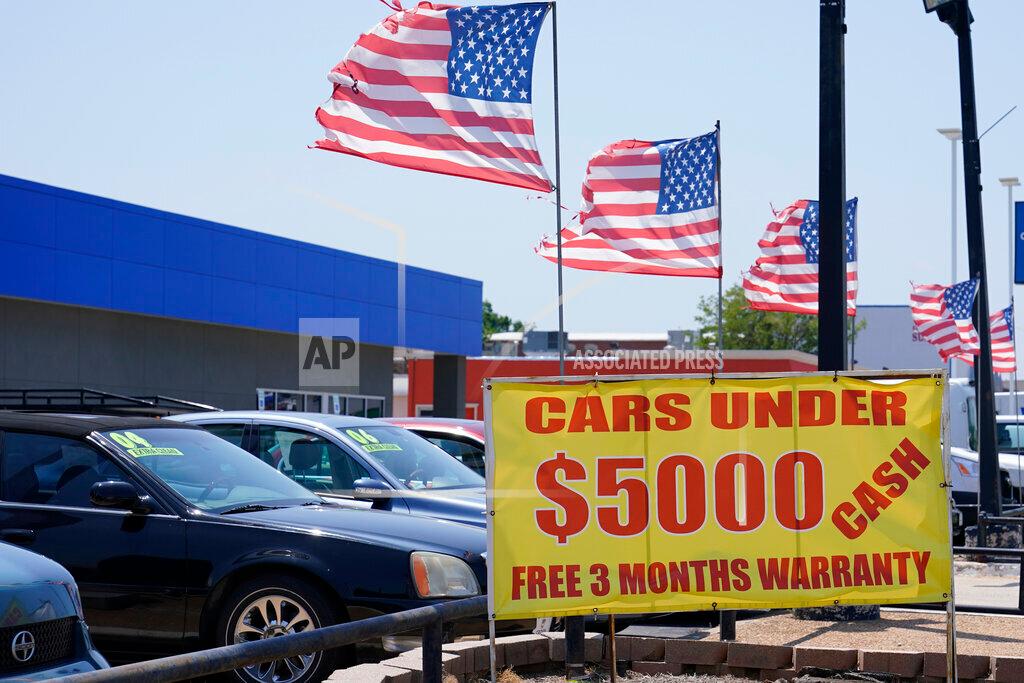Used car prices jumped unexpectedly in January, which suggests that inflation woes are not over for car buyers.
The news has the potential to squash optimistic predictions that inflation is heading downward, as the Federal Reserve continues to hike interest rates.





